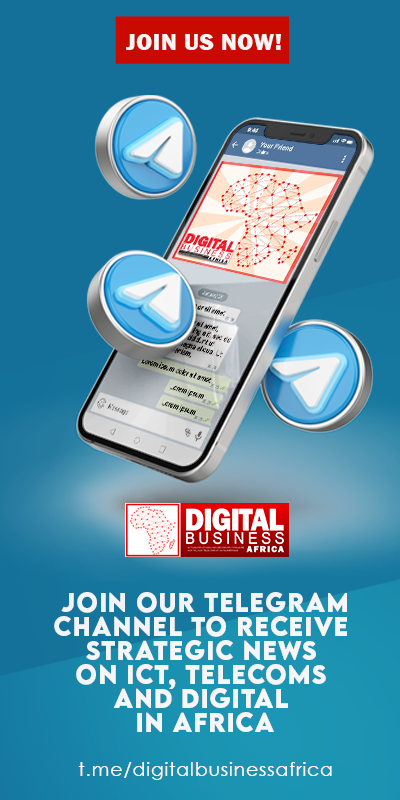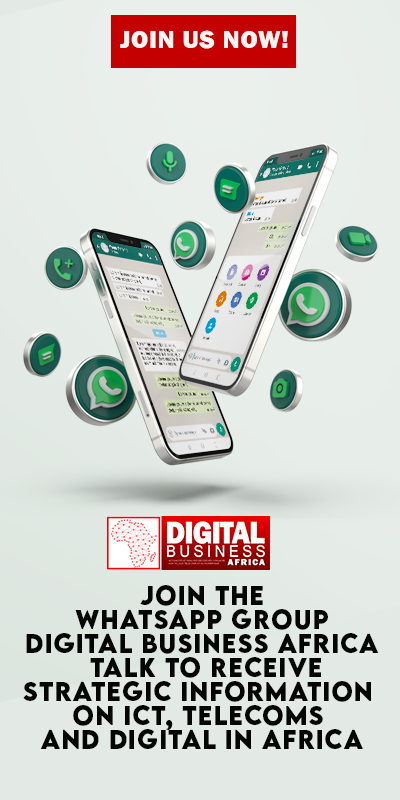New Partner2Connect coalition advances digital transformation and sustainable development in hardest-to-connect countries
[Digital Business Africa] – Geneva, 20 September 2021. The International Telecommunication Union (ITU) announced today the launch of the Partner2Connect Digital Coalition to foster meaningful connectivity and digital transformation in the world’s hardest-to-connect countries.
These include the Least Developed Countries, Landlocked Developing Countries, and Small Island Developing States – groups facing specific development challenges and designated for priority assistance in pursuit of the United Nations-backed Sustainable Development Goals (SDGs) for 2030.
The world’s 46 least developed countries (LDCs) are struggling to extend connectivity to all their citizens – even as pandemic conditions push economic, educational, and social activities increasingly online.
“The COVID-19 pandemic has impacted the least developed countries in unprecedented, profound, and disproportionate ways,” said the ITU Secretary-General, Houlin Zhao. “Through partnerships with UN agencies, ITU aims to support the LDCs in the face of this challenge, harness the power of digital technologies, and turn today’s digital transformation into a development transformation for all.”
While Internet coverage and affordability are gradually improving in some LDCs, only 25% of people across all LDCs have started using the Internet. Another 50% are theoretically able to access the Internet but are not using it, according to the latest data on Internet connectivity worldwide.
Doreen Bogdan-Martin, Director of the ITU Telecommunication Development Bureau, said: “In the wake of the COVID-19 pandemic, ITU has re-doubled its efforts to help countries rapidly expand connectivity to connect the 3.7 billion people who are still offline, along with the millions of communities around the world where connectivity is still too poor to offer meaningful benefits. Based on the principles of inclusion, partnership and SDG-focused digital development, the Partner2Connect Coalition can pave the way to the Global Digital Compact and the 2023 UN Summit of the Future.”
The compact and the summit are among the main milestones in the UN Common Agenda presented this month by the UN Secretary General, António Guterres.
“The new coalition recognizes that progress can only be achieved through a multistakeholder based approach,” Bogdan-Martin added.
Usage gap widest in LDCs
A new report, Connectivity in Least Developed Countries – Status report 2021, highlights the persistent digital divide within LDCs.
The report, released at the Digital Coalition kick-off, was produced jointly by ITU and the United Nations Office of the High Representative for the Least Developed Countries, Landlocked Developing Countries and Small Island Developing States (UN-OHRLLS).
“Many LDCs are losing out on opportunities associated with the digital economy – and they shouldn’t have to,” said Courtenay Rattray, UN High Representative for OHRLLS. “The reasons go beyond access to broadband connectivity. They speak to the critical issue of Internet usage, which has to do with affordability, skills and the amount of local content. Enabling more people to get online and to use the internet productively will help deliver massive payoffs, not only in e-commerce but everything from education and health to governance.”
Along with affordability, the root causes of the wide usage gap include low awareness about the benefits of the Internet, lack of access to devices, insufficient skills, low content relevance, and lack of appropriate regulation.
Working to drive digital transformation
The Partner2Connect Digital Coalition aims to create a platform for global leadership to mobilize commitments, resources, and partnerships, and to implement solutions and projects, to drive digital transformation. Leaders from government, international organizations, and the private sector, as well as youth representatives, gathered from across the globe in a virtual launch meeting, sharing their visions of advancing connectivity to drive socio-economic development.
Coalition actions will focus on four key areas: connecting people everywhere; empowering communities; building digital ecosystems; and incentivizing investments.
Each focus area will be supported by a working group.
In line with the UN Secretary General’s Roadmap for Digital Cooperation, the Partner2Connect Digital Coalition has received support from the Office of the Secretary-General’s Envoy on Technology.
The coalition will also coordinate closely with the Broadband Commission for Sustainable Development.
Convened by ITU, the four working groups will meet on a regular basis to discuss issues, define key actions, and make recommendations to advance coalition aims in each focus area.
Committed to progress
The coalition will work through a pledge and commitment mechanism set to be launched in early 2022, proving a platform for governments, private sector companies, philanthropic entities, UN agencies, international or regional organizations, civil society, youth organizations and academia to make financial, policy, advocacy, and programmatic pledges.
A tracking system will be developed to monitor implementation and report on a regular basis on progress and impact achieved.
The coalition preparatory process, starting today, will help refine the governance and pledge models ahead of the Partner2Connect Digital Development Roundtable, set to take place next year on 7-9 June during the ITU World Telecommunication Development Conference (WTDC, 6-15 June 2022).
The Partner2Connect Digital Coalition builds on the outcomes of the first chapter of the Road to Addis discussion series, organized by ITU to build momentum towards the WTDC. The second chapter of the series looks at the four Partner2Connect Digital Coalition focus areas, with events planned between November 2021 and May 2022.
Highlights of the first chapter of the Road to Addis series can be found in an e-booklet, The Connectivity Road to Sustainable Development.
About ITU
The International Telecommunication Union (ITU) is the United Nations specialized agency for information and communication technologies (ICTs), driving innovation in ICTs together with 193 Member States and a membership of over 900 companies, universities, and international and regional organizations. Established over 150 years ago, ITU is the intergovernmental body responsible for coordinating the shared global use of the radio spectrum, promoting international cooperation in assigning satellite orbits, improving communication infrastructure in the developing world, and establishing the worldwide standards that foster seamless interconnection of a vast range of communications systems. From broadband networks to cutting-edge wireless technologies, aeronautical and maritime navigation, radio astronomy, oceanographic and satellite-based Earth monitoring, as well as converging fixed-mobile phone, Internet, and broadcasting technologies, ITU is committed to connecting the world. For more information, visit www.itu.int.
Source : ITU




